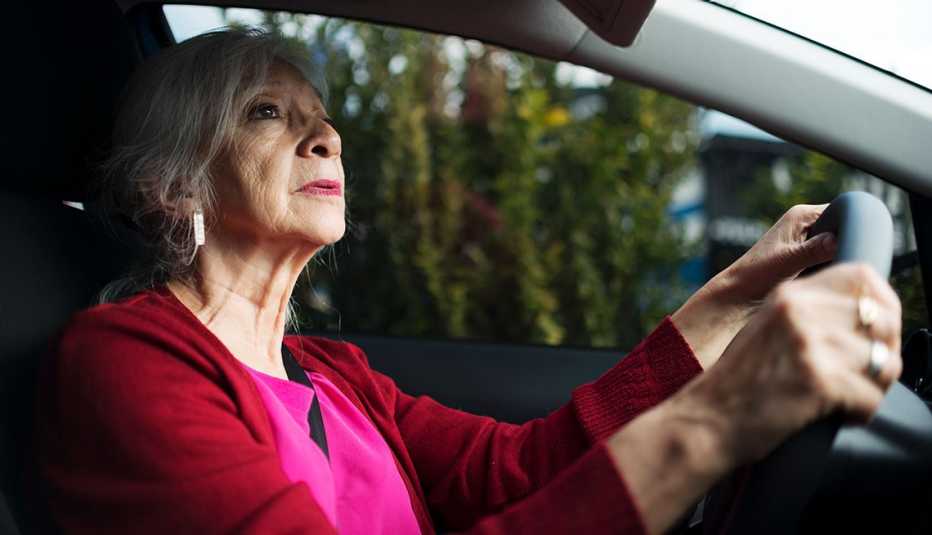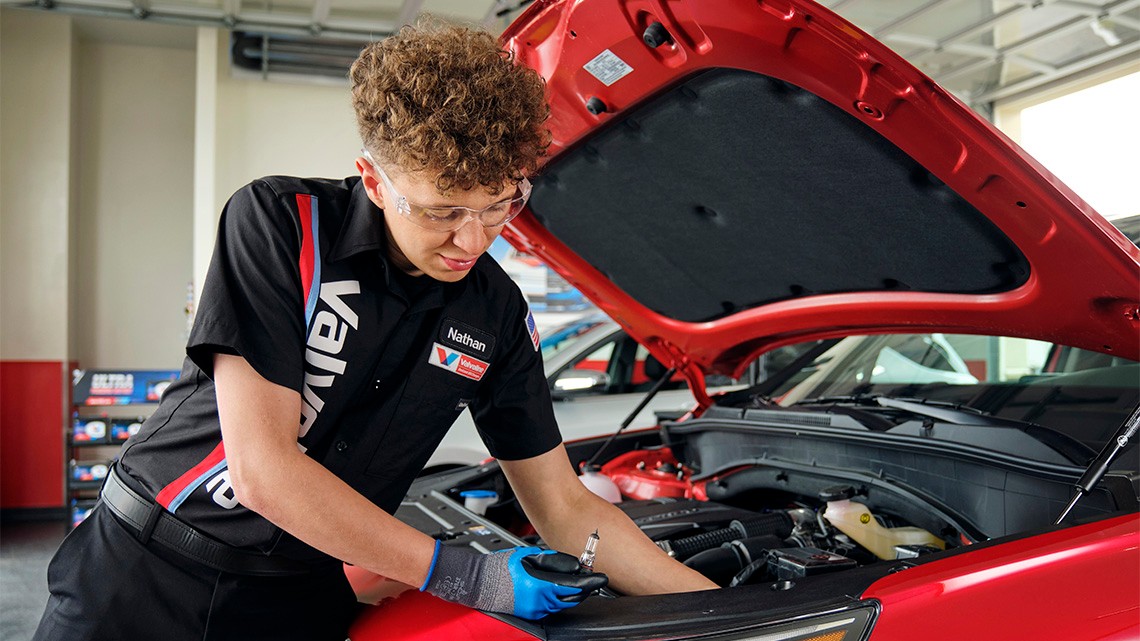Staying Fit


It’s Older Driver Awareness Week. And while many people might use this time to think about refreshing their driving skills after decades on the road, not everyone gets their driver’s license at 16.
They may have relied on a family member to get them around, lived in a city with public transportation or had a bad experience with an instructor early on that makes them anxious about driving, says Lynn Fuchs, founder and president of A Woman’s Way Driving School in New York.


AARP Membership— $12 for your first year when you sign up for Automatic Renewal
Get instant access to members-only products and hundreds of discounts, a free second membership, and a subscription to AARP the Magazine.
But for those ready to get behind the wheel for the first time at an older age, there are steps you can take to make the trip less bumpy. Here’s what you need to know.
Learning to drive may take a bit longer now — so be patient with yourself
Elly Creager, who owns Athens Driving Prep in Athens, Georgia, says teaching older adults how to drive is very different from teaching teens. Why? Same reason teenagers can learn an instrument more quickly: Their frontal lobes are still developing, so they can absorb information more easily, says Creager.
“After adolescence, it takes more work to forge the pathways in the brain needed for driving — quickly judging speed and distance, for example, is learned more easily in youth,” she says.
Most older adults require more than twice the time to learn driving skills because they need more repetition. But older drivers have other qualities going for them including wisdom, patience and strong powers of observation, adds Creager, which help you navigate the sometimes frustrating task of learning to drive.
Older drivers also understand risks, she says, which can translate into safer driving.
Find a professional instructor who puts you at ease
One of Fuchs’ students, Geeta Durgha, 63, had put off driving after she was in a terrible car crash at 16. Having an empathetic instructor kept her motivated to stick with her lessons.




































































More From AARP
Don’t Decorate Steering Wheels With Rhinestones
Airbags can turn products into projectilesRoad Kills Jump in November: Which States Are Deadliest?
What motorists can do to avoid dangerous and costly collisions with deerQuiz: Do You Know the Rules of the Road?
Even longtime drivers have gaps in their driving know-how
Recommended for You